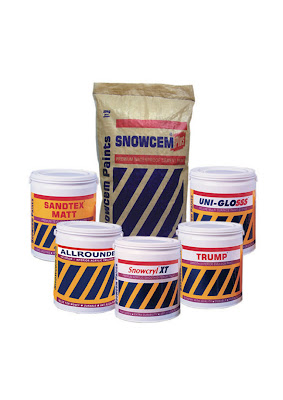skip to main |
skip to sidebar
14 free and low-cost energy saving tips

- Turn off everything not in use: lights, TVs, computers, etc.
- Check your furnace or air conditioner filter each month. Dirty filters block air flow through your heating and cooling systems, increasing energy use.
- During hot months, keep window coverings closed on the south, east, and west windows. In winter, let the sun in.
- Activate "sleep" features on computers and office equipment that power down when not in use for a while. Turn off equipment during longer periods of non-use.
- Dress appropriately for the weather, and set your thermostat to the lowest possible comfortable setting. On winter nights, put an extra blanket on the bed and turn down your thermostat.
- In summer, use fans whenever possible instead of air conditioning . Using fans to supplement air conditioning allows you to raise the thermostat temperature, using less energy. Fans use less energy than air conditioning.
- About 15% of an average home energy bill goes to heating water. To save hot water, take five-minute showers instead of baths. Do only full loads when using the clothes washer or dishwasher. Lower the temperature on your water heater so that you are not having to add cold water to shower.
- Switch to cold water washing of laundry. Use detergent formulated for cold water to get clothes just as clean.
- Only heat or cool the rooms you need. Close vents and doors of unused rooms.
- Install low flow showerheads and sink aerators to reduce hot water use.
- Seal and weatherstrip your windows and doors to ensure that you're not wasting energy on heat or air conditioning that escapes through leaks to the outdoors.
- Insulation your hot water tank to keep the heat from escaping.
- Look for energy efficiency labels when buying new products such as TVs, furnaces, cell phones, refrigerators and air conditioners.
- Replace your five most used light bulbs with compact fluorescent bulbs. These light bulbs use two-thirds less energy and last up to 10 times longer.







No comments:
Post a Comment